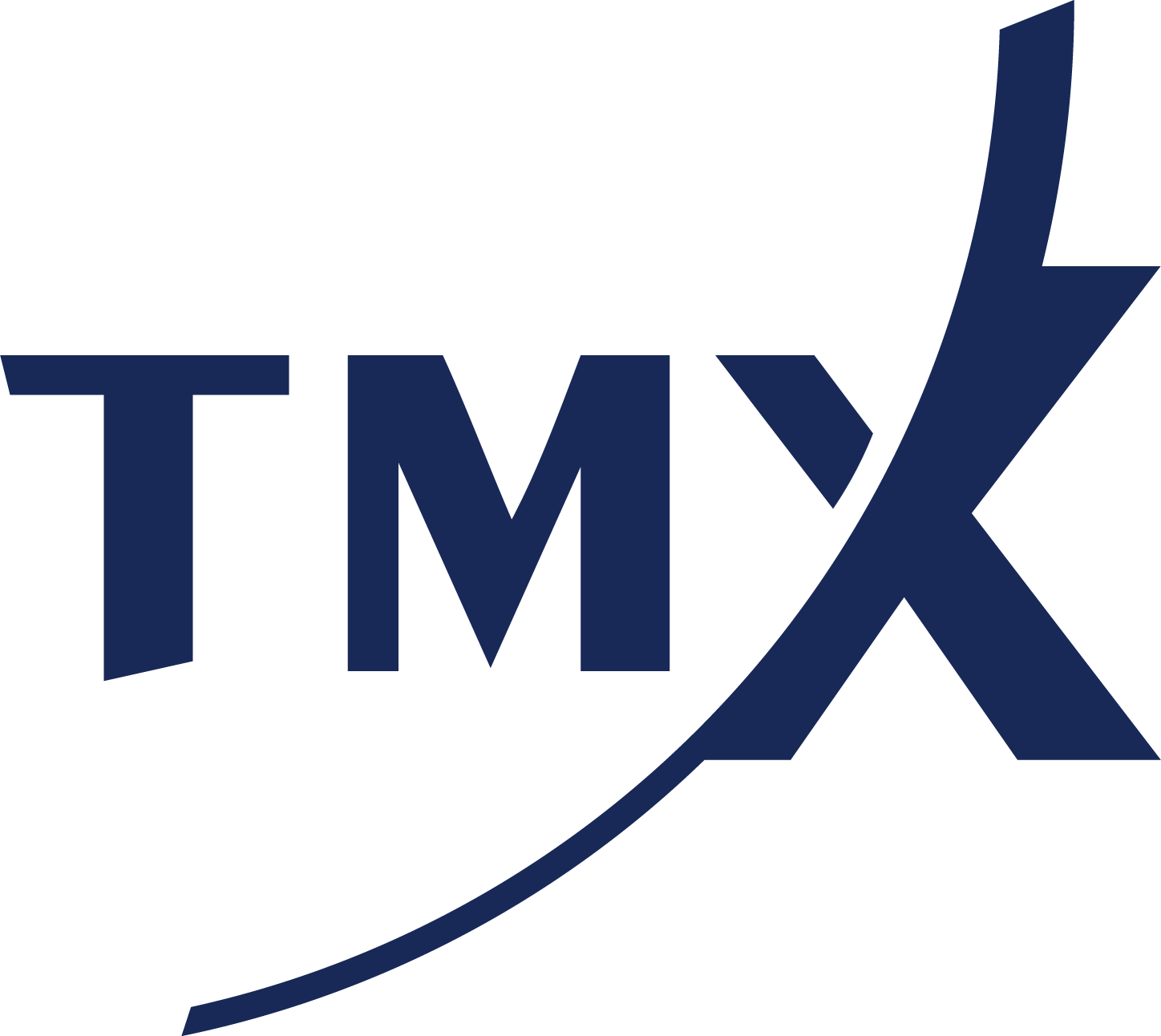Mastering Year-End Filings: A Comprehensive Checklist for Compliance and Accuracy
- Melissa Strle

- Nov 28, 2023
- 4 min read
Updated: Mar 25, 2024

As we near the year's end, the spotlight turns to year-end filings - a vital aspect of investor relations and public relations. These filings are your company's financial showcase and are crucial for maintaining a solid reputation. Whether you're a newcomer or a veteran in IR, our checklist will guide you through creating accurate and compliant filings.

Understanding Year-End Filings
The Importance of Year-End Filings
Year-end filings are like your company's financial scorecard. They're important because they:
Show your company's financial health. This helps people like investors and regulators understand how your company is doing from a financial perspective.
Influence your company's reputation. Good filings can make investors more confident and improve your company's image.
Regulatory Requirements and Deadlines
Compliance with regulatory requirements and deadlines is essential. Rules differ by industry and location, so it's crucial to stay informed about what applies to you.
Missing deadlines can result in penalties, so make sure to understand industry-specific regulations and adhere to filing deadlines.
Who is Involved in the Year-End Filing Process?
There are many individuals or departments involved in the year-end filing process. When they work together as a cohesive unit, your company will have a first-rate filing.
Accounting or Finance
Compliance or Regulatory Affairs
Legal
Tax
IT or Data Management
Executive or Management Team
External Auditors or Accountants
Investor Relations
The Year-End Filings Checklist

1. Gather Financial Data
To start, gather all your financial information. Think income statements, balance sheets and cash flow statements. It's like collecting all your financial puzzle pieces.
Access Financial Statements: Obtain monthly and quarterly income statements to analyze revenue and expenses, compile balance sheets for insights into assets, liabilities, and equity, and secure cash flow statements to track the movement of cash in and out of the business.
Utilize Financial Software: Export all required reports for the reporting period or complete fiscal year.
Collaborate with Accounting and Finance Teams: Ensure all financial information is current and correct. In addition, ask for any extra details or adjustments that may not be obvious in the basic financial data.
Review your Company's Financial Management Systems: Ensure your financial data process is reliable and prevents errors and fraud effectively.
Compile Supplementary Financial Information: Collect other important documents affecting your financial reporting. For example, gather loans, lease agreements or investment reports.
Create a Data Checklist: Develop a checklist of all necessary financial data and documents.
2. Review Previous Filings
Reviewing past financial filings is vital for identifying any past mistakes and improving current reporting.
You can make a detailed list of these findings to ensure that your current filings are always improving.
3. Compile Necessary Documents
To prepare for your filing, create a checklist of required documents, including recent financial statements, past filings, and transaction records categorized by type. Then, organize all of your documents by category.
Next, double-check for any missing or outdated documents, and then digitally store for quick access during the filing process.
4. Create a Filing Calendar
Think of your schedule as your financial roadmap. Identify important key filing deadlines, mark them on a calendar, set reminders, and allocate specific times for tasks.
Regularly update and review the calendar to stay organized with your financial responsibilities.
5. Ensure Regulatory Compliance
Remember those rules we mentioned earlier? This is where you double-check you're following them. It's like making sure your puzzle pieces fit perfectly.

6. Maintain Legal and Tax Compliance
Ensuring legal and tax compliance is imperative to avoid disruptions in your financial operations.
It's essential to regularly review and understand your business's legal obligations, stay updated on local and national tax laws, consult with professionals for guidance and verify and implement compliance strategies.
Lastly, you should periodically ensure you are in fact complying with updated legal and tax regulations.
7. Scrutinize Financial Statements
When looking at financial statements, accounting experts should ensure accuracy and completeness.
This involves a detailed review of each line, cross-verifying figures with transaction records, identifying and noting discrepancies for correction and collaborating with accountants.
After this, you should conduct a final examination to ensure no missing or incorrect details remain.
8. Prepare Comprehensive Disclosure Notes
Disclosure Notes should include clear, detailed information relevant to your financial statements, like accounting policies and asset details. Keep them updated and review regularly to ensure they effectively clarify your financial position.

9. Coordinate with IR and PR Teams
Work together with your IR and PR colleagues. This ensures that everyone's on the same page.
Regular Meetings: Schedule regular meetings with IR (Investor Relations) and PR (Public Relations) teams to align strategies and share information.
Share Financial Updates: Provide the latest financial data and insights to IR and PR teams for accurate communication.
Develop Consistent Messages: Collaborate to create consistent messaging about the company's financial status for investors and the public.
Plan Joint Responses: Prepare joint responses for any financial inquiries or public statements, ensuring a unified voice.
Feedback and Adjustment: Exchange feedback with IR and PR teams to refine strategies and improve communication efficiency.
10. Engage in Investor and Media Relations
Engage in investor and media relations by preparing clear messages, anticipating questions, training spokespeople, providing regular updates on financial performance and monitoring feedback to improve communication.
Common Pitfalls to Avoid
It is important to avoid common pitfalls to maintain stakeholder trust and prevent errors that can harm a company's reputation and financial health.
Neglecting Regulatory Updates
One common pitfall is failing to stay current with regulatory changes. This can disrupt your financial strategy.
Overlooking Tax Implications
Ignoring the impact of taxes is a critical mistake that can lead to financial complications.
Poor Communication
Ineffective communication can hinder the understanding of your financial status, leading to misinterpretation and errors.
Leveraging Technology and Tools
Leveraging technology is essential for efficient and accurate financial reporting and compliance.
Companies use various tools. These include accounting software, ERP systems, financial reporting software, document management systems, cloud-based collaboration tools, audit software, data analytics tools, compliance solutions, cybersecurity tools, and integration platforms to connect various systems.
Use our checklist to tackle your important year-end filings. These filings are your chance to prove your company has got everything in order. If you have questions or need help, reach out anytime. We're here to assist you in this crucial reporting period.
Main Photo Credit: milanvirijevic at iStock





